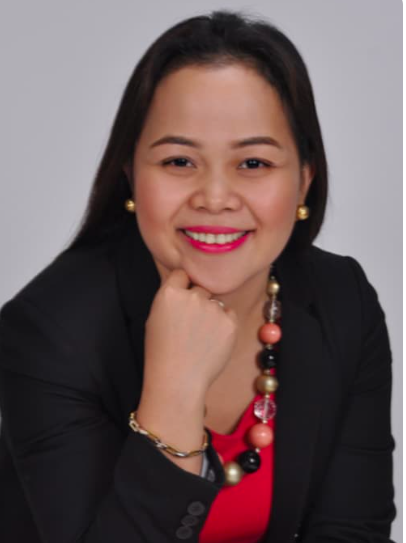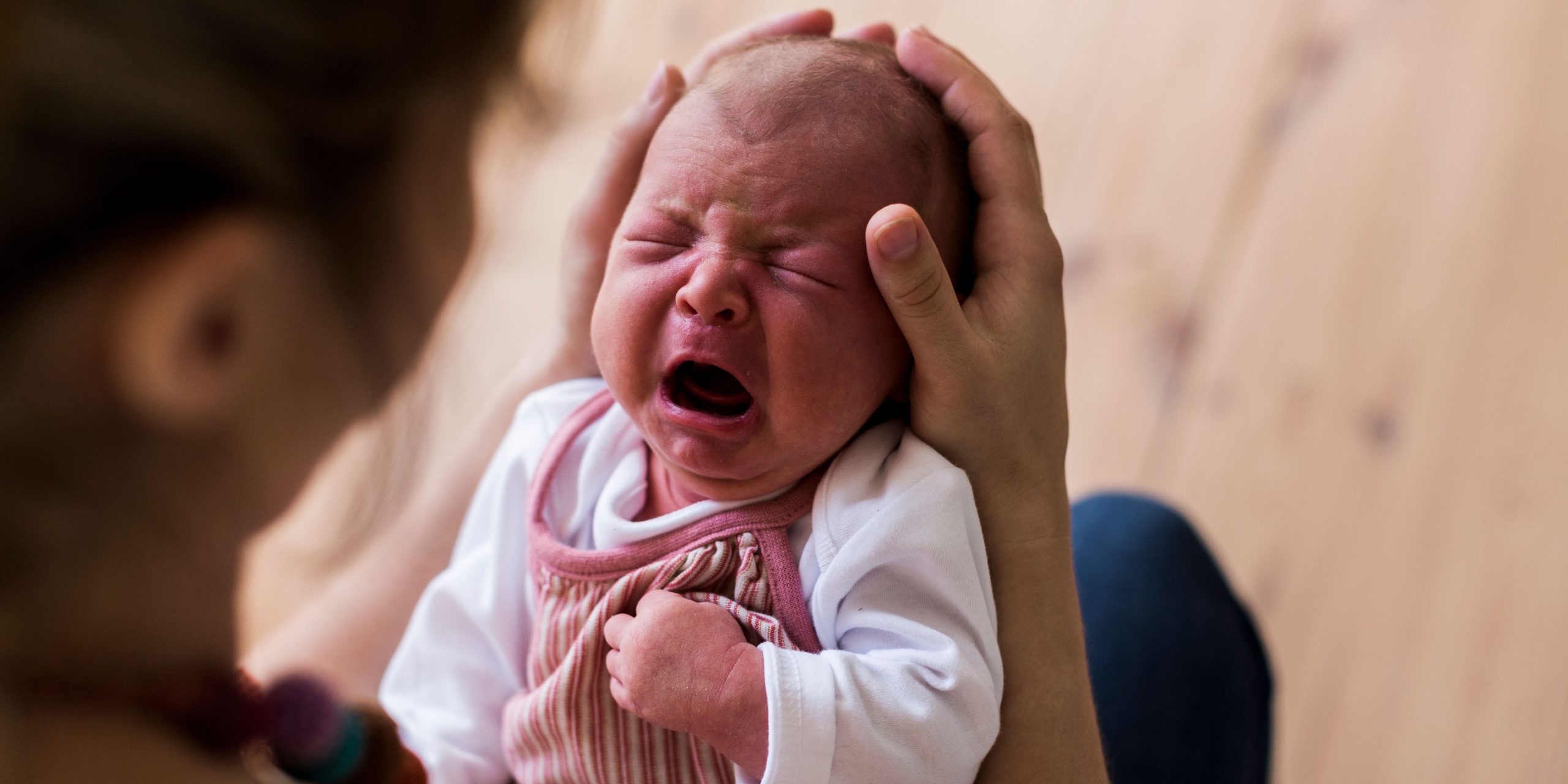‘Should I become a mom?’
As Filipinos, we have the notion of great family support during pregnancy. However, when that security blanket is removed by becoming pregnant while away from home, many Filipina expats fear motherhood.
Did you know that men are more likely than women to express a desire to have children? Research shows that 57% of men expressed a desire to have children someday, while 45% of women shared the same sentiment.
This trend has been consistent over the years, with data from previous studies supporting the notion that more men than women express a desire for parenthood.
Additionally, a 2021 study highlighted that about 44% of childless individuals aged 18 to 49 were not likely to have children, with 56% stating they simply did not want kids. Reasons for not wanting children ranged from personal choice to concerns about the environment and financial factors.
Amidst these statistics, LinkedIn and Life Coach Wandalyn Tan-Calupig provides insight into the top three fears that women in the UAE, and indeed globally, often grapple with when considering parenthood.
Top three fears of women considering parenthood
1. Fear of having children
“One of the things that I saw very common among women is the fear of having children,” Coach Wanda highlights. This fear encompasses doubts about readiness for the responsibilities of parenthood, concerns about financial stability, and worries about the impact on one’s career and personal life.
2. Fear of not being a good mother
Coach Wanda observes that many women also harbor anxieties about their ability to be effective mothers. “The fear of not being a good mother is a significant concern,” she remarks. This fear often stems from societal pressures, comparison with idealized notions of motherhood, and personal insecurities.
If you’re navigating your life as a parent, always ask your children, “how can I be a better parent to you?”. No book can match that because only your children can give the best feedback on how you can be a better parent.”
3. Guilt from balancing responsibilities
“Number 3, once they are a mother, women have the guilt of not being with their children,” Coach Wanda describes.
In the context of expatriate life in the UAE, Filipina women may grapple with the guilt of not being able to provide the same level of familial support and presence as they would in the Philippines. This guilt is compounded by the demands of career, social expectations, and personal aspirations.

Key considerations for women contemplating parenthood
“It’s crucial to be financially stable, physically fit, and mentally prepared to handle the challenges of parenthood.” – Wandalyn Tan-Calupig, Life Coach
Drawing from her expertise, Coach Wanda offers professional advise for women considering parenthood:
Financial preparedness
Assess your financial stability and plan for the additional expenses associated with raising a child. Ensure that you have a solid financial foundation to provide for your child’s needs.
“Children are expensive,” she advises. “The moment they’re in your womb, there are already additional expenses, the things you need to buy for yourself and your child.
Self-reflection and emotional readiness
Take time to reflect on your readiness for the emotional and psychological demands of parenthood. Address any fears or insecurities and cultivate a mindset of resilience and self-assurance.
“Children bring joy, but they also come with added expenses and physical demands,” she advises. “It’s crucial to be financially stable, physically fit, and mentally prepared to handle the challenges of parenthood.”
Furthermore, for first-time mothers, Coach Wanda advocates for self-reflection, urging them to embody the qualities they wish to instill in their children. “Your behaviors and beliefs are inherited by your children from the moment they’re in the womb,” she emphasizes.
Support network
Cultivate a strong support network of family, friends, and community resources. Seek guidance and assistance when needed, and don’t hesitate to lean on your support system for emotional and practical support.
“As I say, give it back by sharing what you know as a mother,” Coach Wanda asserts. “I always am very specific on what works for me and sharing that because I know somehow that can help another person overcome the overwhelm.”
In the UAE, there are several women groups for moms who collectively share what they’ve learned on their parenting journey.
Expert advice: ‘Ask for Help’
“This Women’s Month, I want to create an awareness that most women now face immense pressure and overwhelm of being the best way, the best mother, the best employee, the best business owner, the best sister, the best child,” she reflects.
“We’re holding so many roles in our lives that so much overwhelming. And I think we always need the support of our family, of our offices, so that we get the right guidance if we need to do is we need to stop we need to slow down,” she urges.
“And I hope there will be more awareness in terms of the support that we may need when they start to have children the kind of need that they have in terms of community support to get the right guidance on what to do specifically for away from your family.”
As Coach Wanda aptly concludes, “Be your own hero, speak up, and never hesitate to ask for the help you need. Together, we can rewrite the narrative of motherhood and create a brighter future for all.”
Addressing gender disparities
Amidst women’s hesitancy to have children, we must address wider issues of economic empowerment. The UN’s Gender Snapshot 2023 report reveals stark disparities, with women earning barely one-third of worldwide labor income. Less than two-thirds of prime working-age women are in the labor force compared to over 90% of men
These barriers hinder women’s autonomy and impact their decision to become parents. Addressing these disparities is crucial for empowering women to make informed choices about their futures, including parenthood, and for fostering gender equality.




